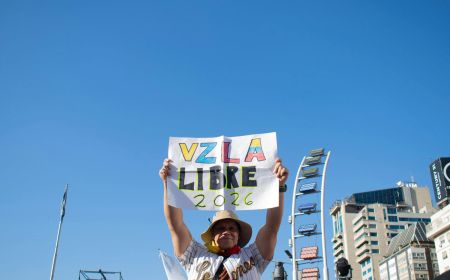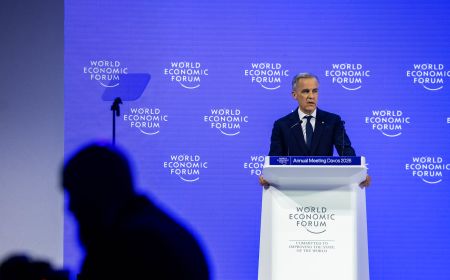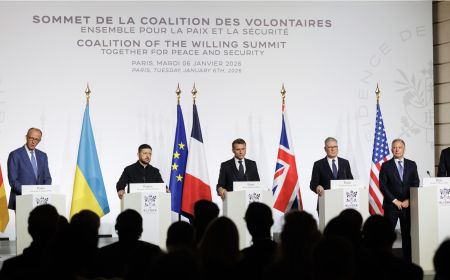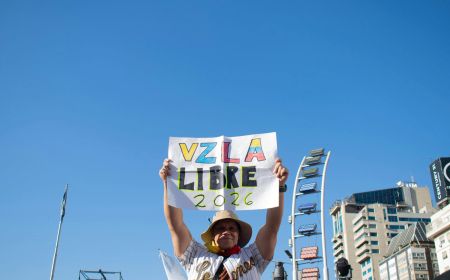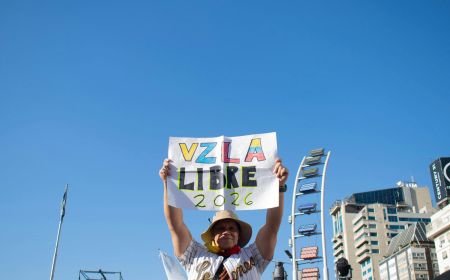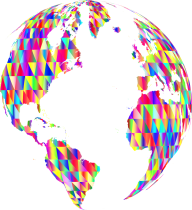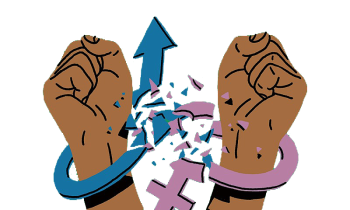Disarmed but Not Invisible: Former FARC-EP Combatants Shaping Peace Beyond WPS Frameworks
In Colombia, former combatants from the FARC-EP rebels are building peace in ways that fall outside the formal, institution-centered focus of the UN Women, Peace and Security agenda. In the rural zone of La Montañita, the grassroots initiative ASMUPROPAZ brings together women and men – ex-combatants and victims – to turn aromatic plants into essential oils and conflict into cooperation. Their…
